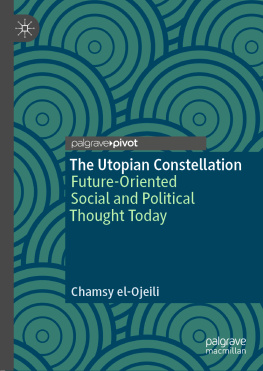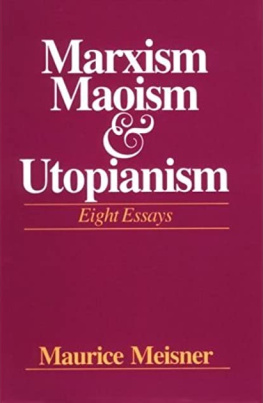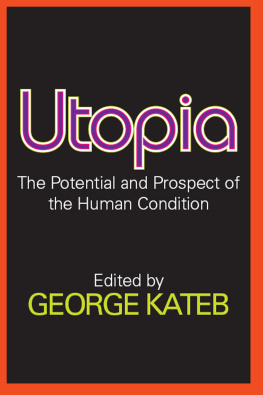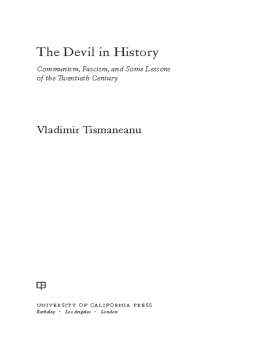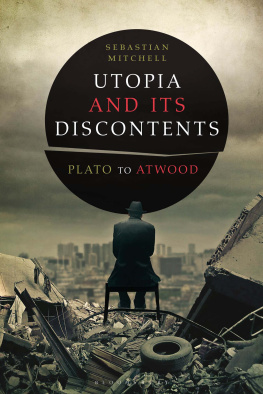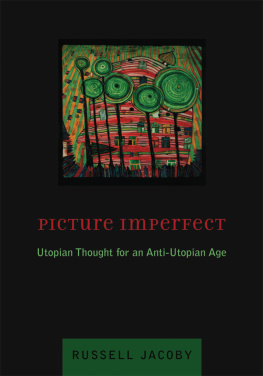Contents
Landmarks
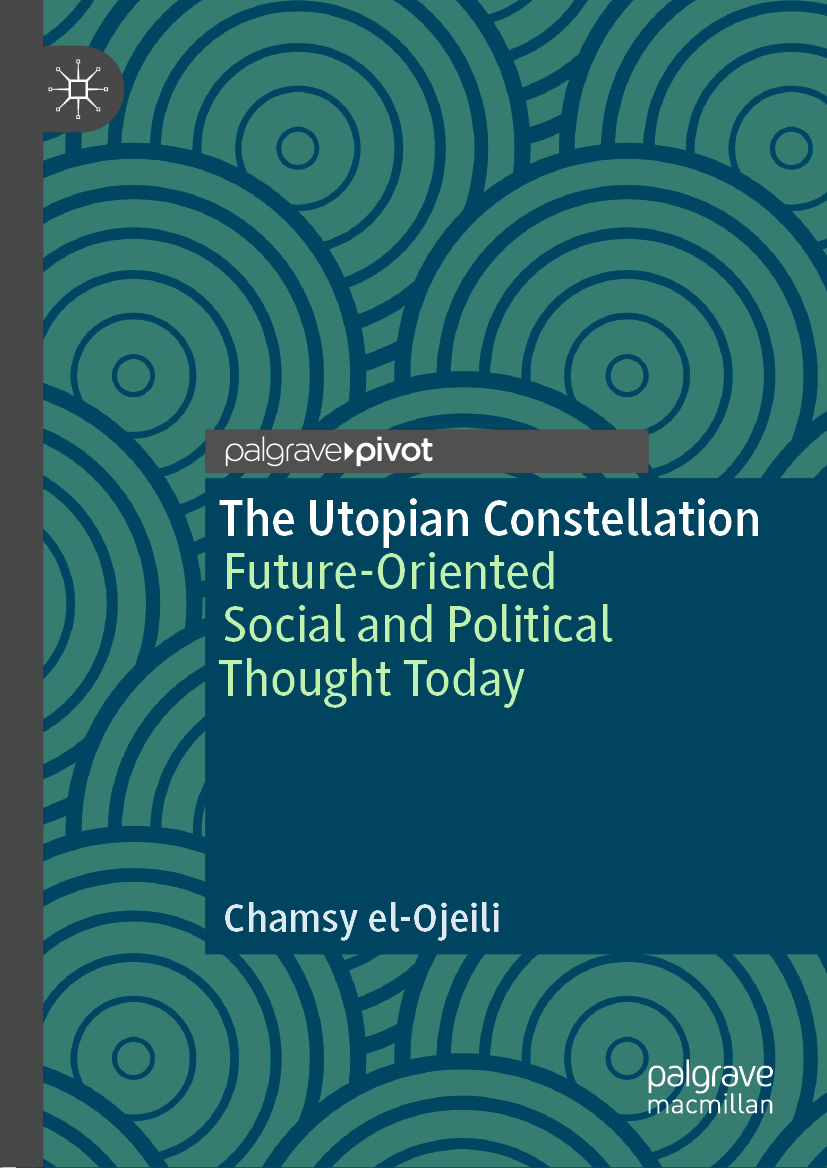
Chamsy el-Ojeili
The Utopian Constellation
Future-Oriented Social and Political Thought Today
Chamsy el-Ojeili
School of Social and Cultural Studies, Victoria University of Wellington, Wellington, New Zealand
ISBN 978-3-030-32515-2 e-ISBN 978-3-030-32516-9
https://doi.org/10.1007/978-3-030-32516-9
The Editor(s) (if applicable) and The Author(s), under exclusive license to Springer Nature Switzerland AG 2020
This work is subject to copyright. All rights are solely and exclusively licensed by the Publisher, whether the whole or part of the material is concerned, specifically the rights of translation, reprinting, reuse of illustrations, recitation, broadcasting, reproduction on microfilms or in any other physical way, and transmission or information storage and retrieval, electronic adaptation, computer software, or by similar or dissimilar methodology now known or hereafter developed.
The use of general descriptive names, registered names, trademarks, service marks, etc. in this publication does not imply, even in the absence of a specific statement, that such names are exempt from the relevant protective laws and regulations and therefore free for general use.
The publisher, the authors and the editors are safe to assume that the advice and information in this book are believed to be true and accurate at the date of publication. Neither the publisher nor the authors or the editors give a warranty, expressed or implied, with respect to the material contained herein or for any errors or omissions that may have been made. The publisher remains neutral with regard to jurisdictional claims in published maps and institutional affiliations.
Cover illustration: John Rawsterne/patternhead.com
This Palgrave Pivot imprint is published by the registered company Springer Nature Switzerland AG
The registered company address is: Gewerbestrasse 11, 6330 Cham, Switzerland
To my parentsMargaret Cummins and Hicham el-Ojeili.
Acknowledgements
I would like to thank Sage Publications for their permission to reproduce copyrighted material, for el-Ojeili, C. (2018). Reflecting on Post-fascism: Utopia and Fear, inCritical Sociology, parts of which appear in Chapter.
Contents
The Author(s) 2020
C. el-Ojeili The Utopian Constellation https://doi.org/10.1007/978-3-030-32516-9_1
1. Introduction
Chamsy el-Ojeili
(1)
School of Social and Cultural Studies, Victoria University of Wellington, Wellington, New Zealand
Abstract
In this chapter, el-Ojeili sets out the focus of the bookthe examination of social and political thought in the contemporary period through a utopian optic. el-Ojeili argues that an exploration of this realm of intellectual production indicates significant transformations in the contemporary utopian constellation, a concept drawn from the work of Benjamin, Adorno, and Mannheim, which suggests a contradictory totality of future-oriented ideas, images, and practices. The book sets out to examine social and political intellectual production across three broad spaces within this contemporary constellationthe liberal center, and the far-Right and far-Left marginsin the chapters that follow.
Keywords
Marxism Gramsci Utopia Utopian constellation Intellectual formation Human sciences
I have been interested in utopia for around three decades, and this interest has gone through three phases. At first, my utopian concerns were implicit, conditioned by my encounter with the Marxist critique of capitalism and by my consequent commitment to socialist politics. A second phase was shaped by reading Marxian thinkers who directly dealt with utopia Ernst Bloch , Fredric Jameson , and Ruth Levitas but also by my growing realization of the gravity of Left defeat in the 1990s , the period of the end of history, when neoliberalism appeared to be the most successful ideology in world history ( Anderson , p. 71) againthat utopianism had gone into general suspension, bringing a remorseless closure of space. Over time, though, after the close of the 1990s , I increasingly had a sense that something within the field of future-oriented thinking was changing. This sense, hardly dazzling, inclined me to revisit those Marxian utopians and to view utopia as interpretative method, as omnipresent and multivalent, and as diagnostically important, despite its still rather marginal place within the human sciences .
In what follows, I draw on the aforementioned thinkers in an effort to examine fragments of the present through a utopian optic. My data, here, is social- and politics-oriented intellectual production, intellectual understood in the deflationary Gramscian sense of those tied to social groups and involved in the production and circulation of knowledge. My next chapter is an orienting one, where I explore human scientific discussion of utopia, arriving at seven theses on utopia as investigative tool. In addition, within that chapter, I offer some broad suggestions about the periodization of modernist utopianism, as a backdrop to the three chapters that follow. In these chapters, I argue that, in the midst of todays crisis of intellectual and moral leadership, we are witnessing important transformations of the utopian constellation .
This concept, constellation , as I am using it, is found in the work of Walter Benjamin , Theodor Adorno , and Karl Mannheim . Across these usages, there are some important commonalities. First, all three thinkers deploy the notion as a way of approaching the broad realm of cultural production. Second, the concept is used in a way that marks an effort at a complexified approach to human scientific understanding of this realm, against positivist approaches to knowledge, say, that posit a simple, reflection theory as an answer to questions of representation, in which object and subject are cleanly separated, and in which ideological phenomena are conceived of in a static, complete, and ahistorical manner. Third, in all three thinkers, we see the joining together of a more culturalist Marxism (emphasizing totality , dialectics, contradiction, history, and a sophisticated departure from the straightforward causality of an orthodox base-superstructure model) with Weberian elements ( ideal types , the critique of reification, an elevated role for interpretation).
More concretely, in Benjamins (, p. 58) of thought.
In Mannheims () describes as a Homeric battlefield (p. 13).
My object, in the chapters ahead, is to shed light on the contemporary utopian constellation . This shifting total constellation ( Mannheim what I am calling the new communism . This again variegated current exhibits a rapprochement between anarchism and Marxism , develops novel social cosmologies, suggests the appearance of new collective and individual subjects , and expresses, in experimental forms, a transformatory desire that I call insurrectionary immediatism.
These configurations and their elements, I argue, tell us a great deal about where we are, but also indicate crucial lines of struggle for and into the future.
References

